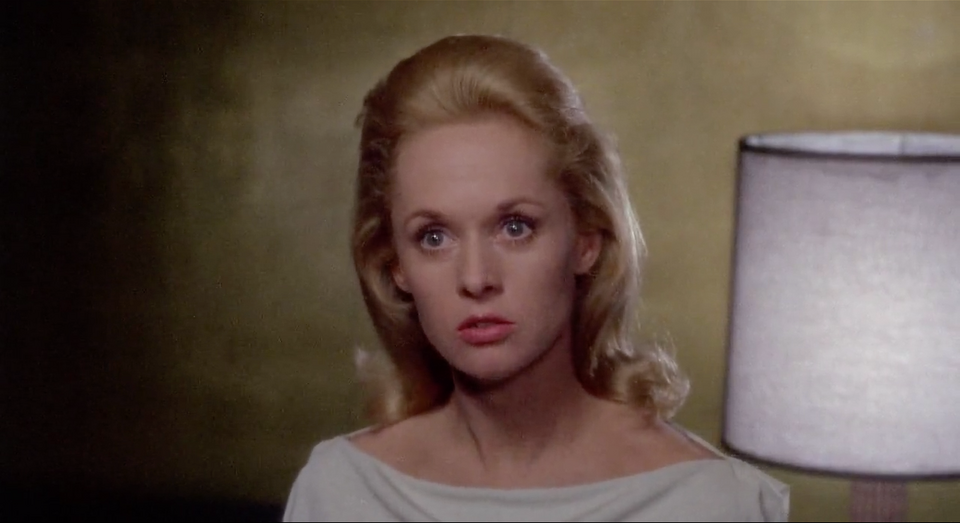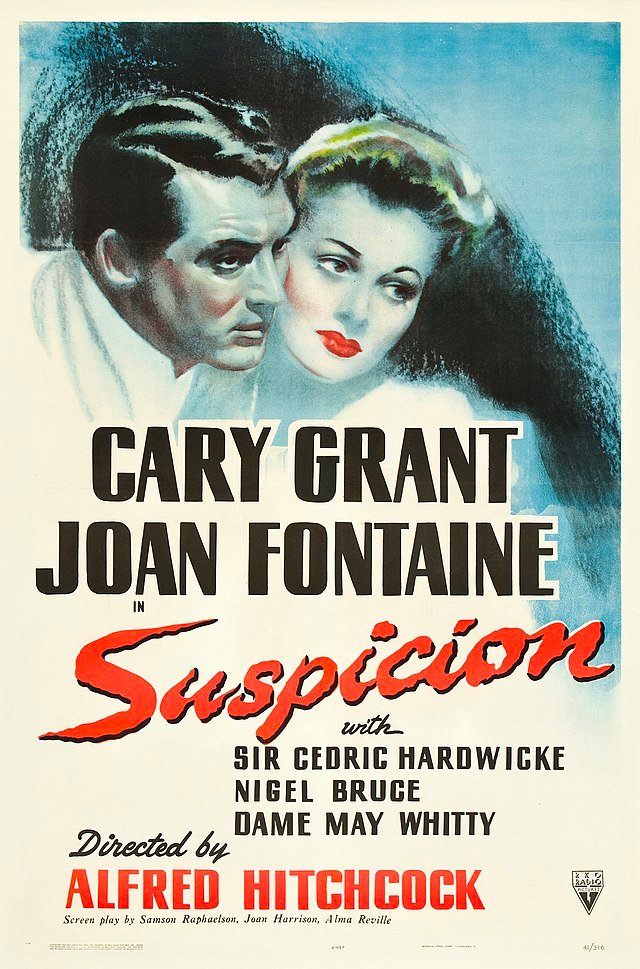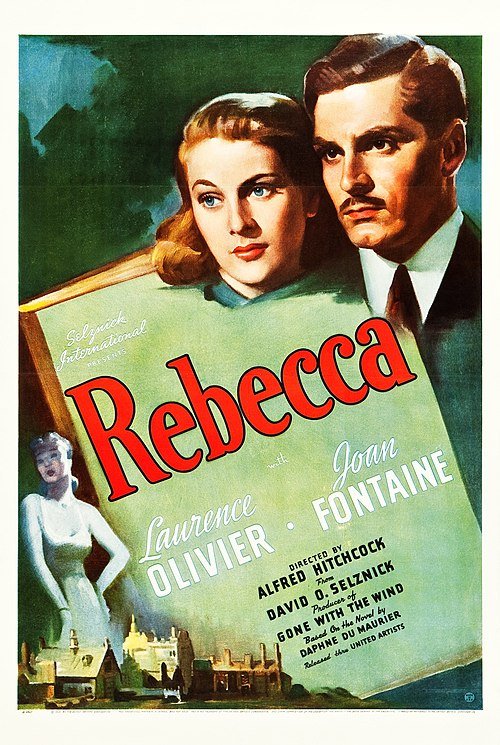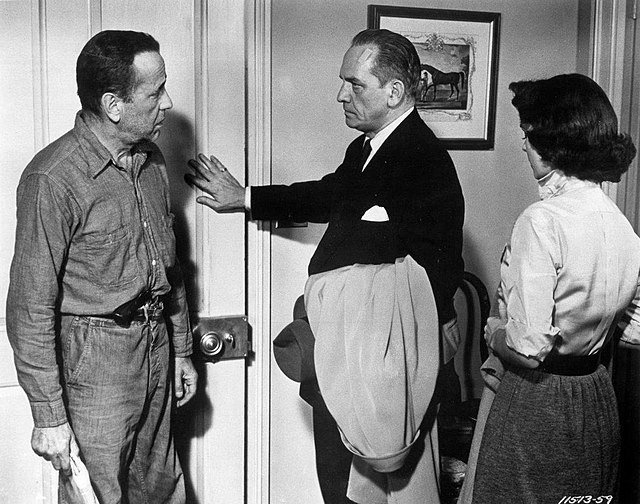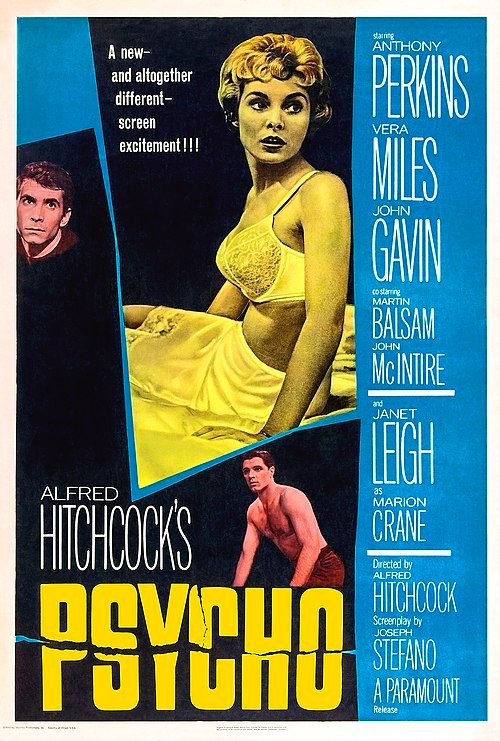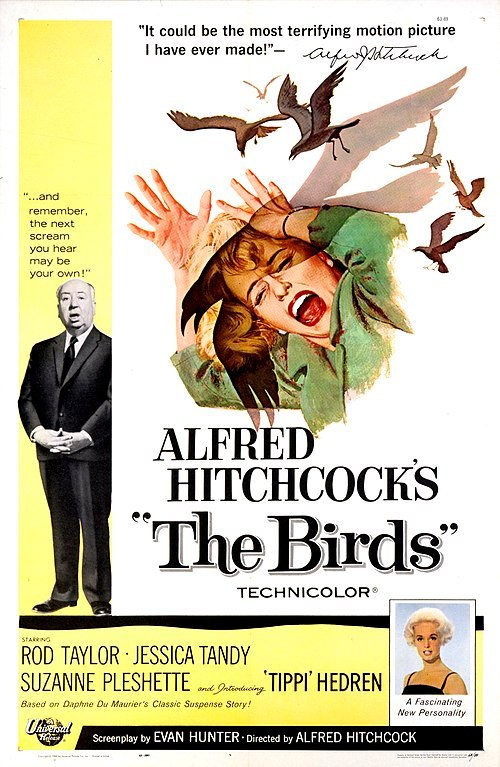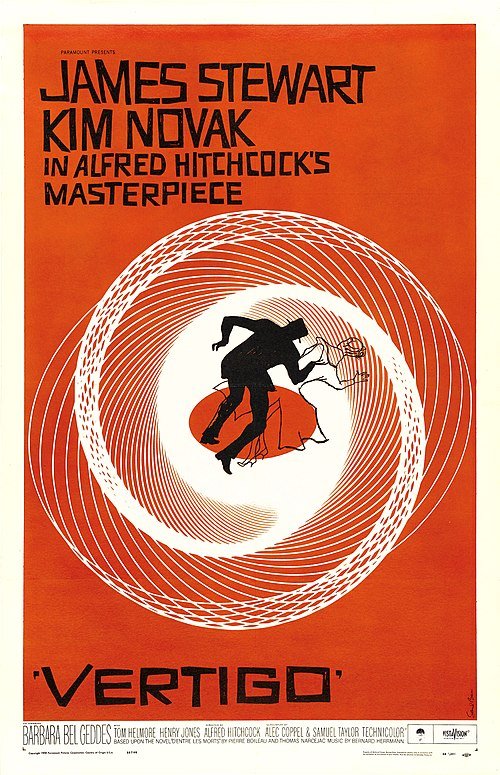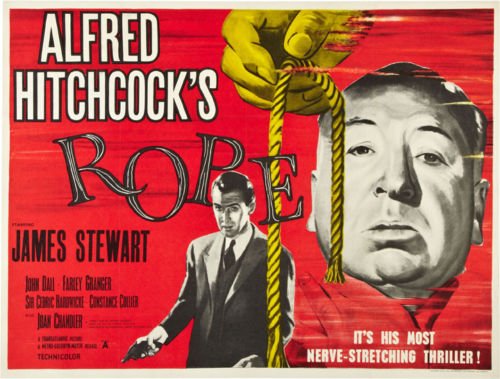Marnie – Alfred Hitchcock, 1964
Marnie USA, 1964 Director: Alfred Hitchcock Screenplay: Jay Presson Allen, based on the novel by Winston Graham Genre: Psychological thriller Soundtrack composer: Bernard Herrmann Editing: George Tomasini Production: Alfred J. Hitchcock Productions / Universal Pictures Cast Tippi Hedren (Marnie Edgar) Sean Connery (Mark Rutland) Diane Baker (Lil Mainwaring) Martin Gabel …

